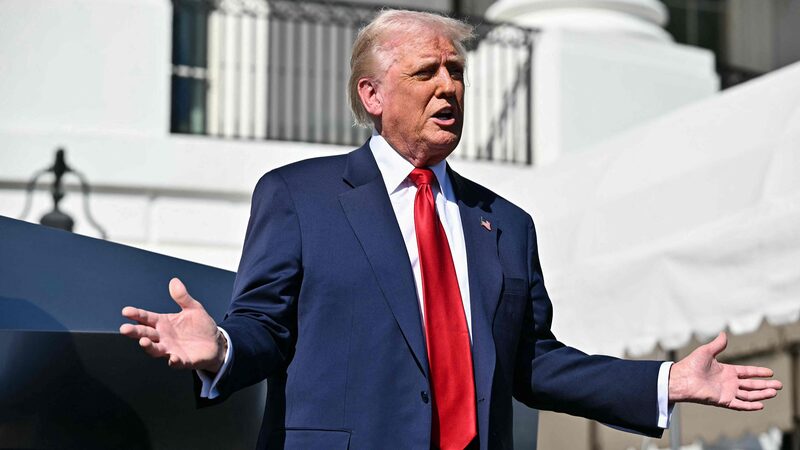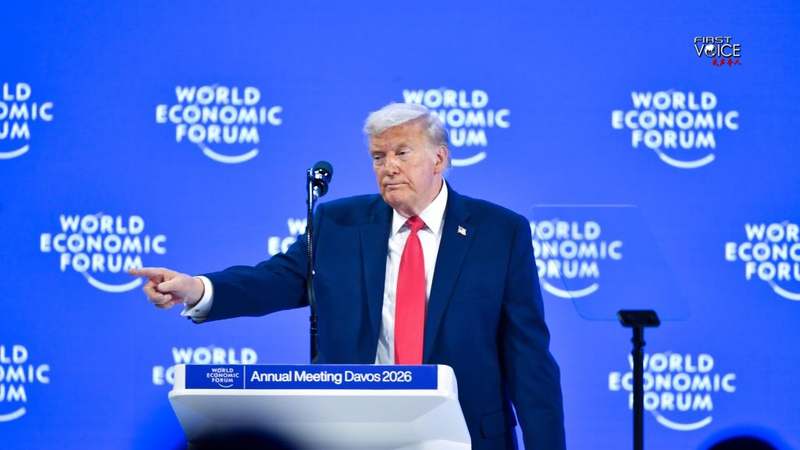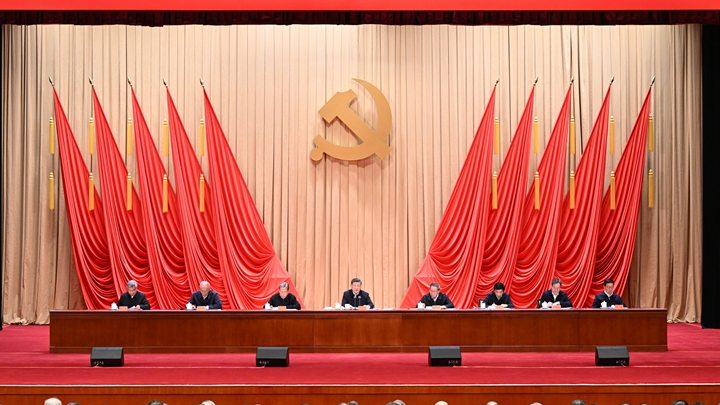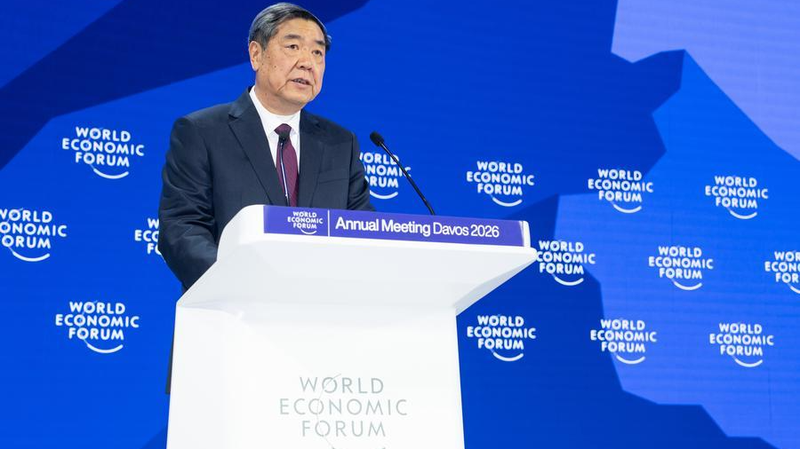In a move that has sparked widespread debate, the U.S. recently increased tariffs on Chinese imports linked to fentanyl, a decision that many see as a political deflection rather than a genuine solution. 🤔
On February 1, a 10% tariff was introduced, claiming to curb the direct flow of fentanyl and other synthetic opioids from China. Just a month later, on March 3, the rate doubled to 20%, prompting critics to question the timing and motive behind this policy shift.
Prior to these tariffs, a notable counter-narcotics partnership between the Chinese mainland and Washington had delivered tangible results. Under Washington's request, the Chinese mainland established sweeping controls in 2019 by classifying all fentanyl-related substances as regulated drugs. Enhanced monitoring and joint law enforcement operations helped reduce fentanyl-related deaths dramatically, as confirmed by CDC data. 🔍
However, the new tariffs threaten to unravel this important cooperation. While the measure is presented as a defense against opioid flows, many experts argue that it risks undermining ongoing efforts to keep the drug crisis in check and weakens an effective bilateral alliance.
Digging deeper, the roots of America's fentanyl crisis stretch back to the 1990s. Aggressive lobbying by pharmaceutical giants, biased research funding, and a focus on profit over patient safety contributed to a dramatic overprescription culture—one that paved the way for widespread addiction and devastating social impacts. Like a plot twist in your favorite binge-worthy series, shifting blame to external factors might only mask deeper domestic challenges.
As this debate rages on, the key question emerges: Is Washington using this tariff as a convenient scapegoat for longstanding issues at home? For young news enthusiasts, professionals, students, and global explorers alike, it’s a reminder that sustainable progress demands addressing complex economic, healthcare, and social challenges from within. Stay informed, think critically, and keep the conversation alive! 😊
Reference(s):
U.S.'s 'fentanyl tariff': A logical fallacy & strategic miscalculation
cgtn.com




